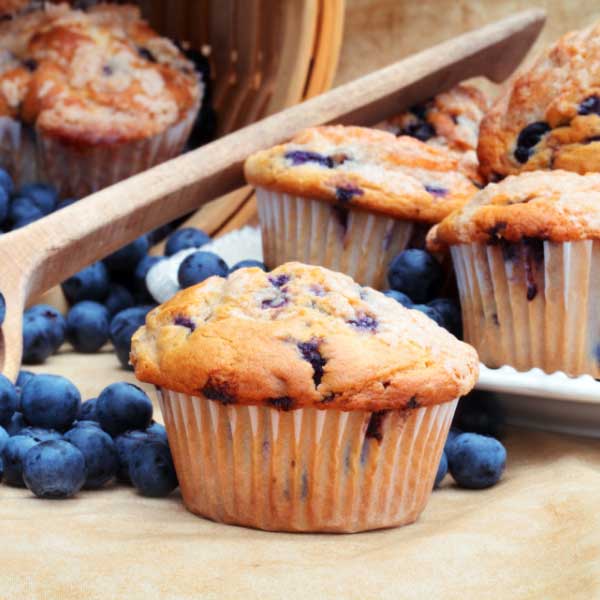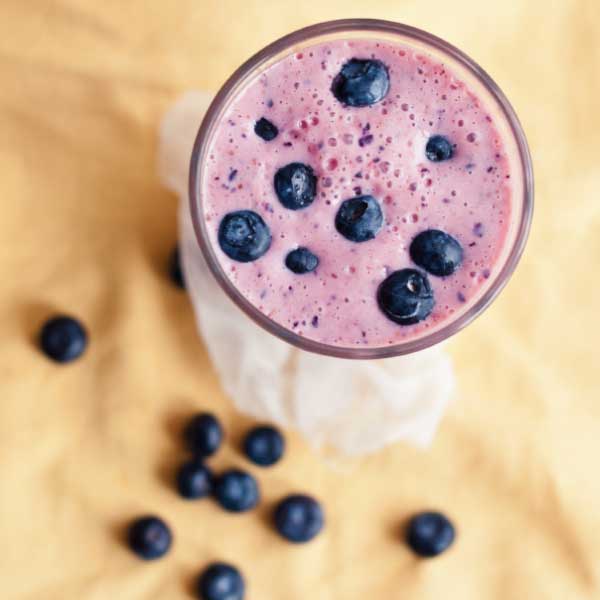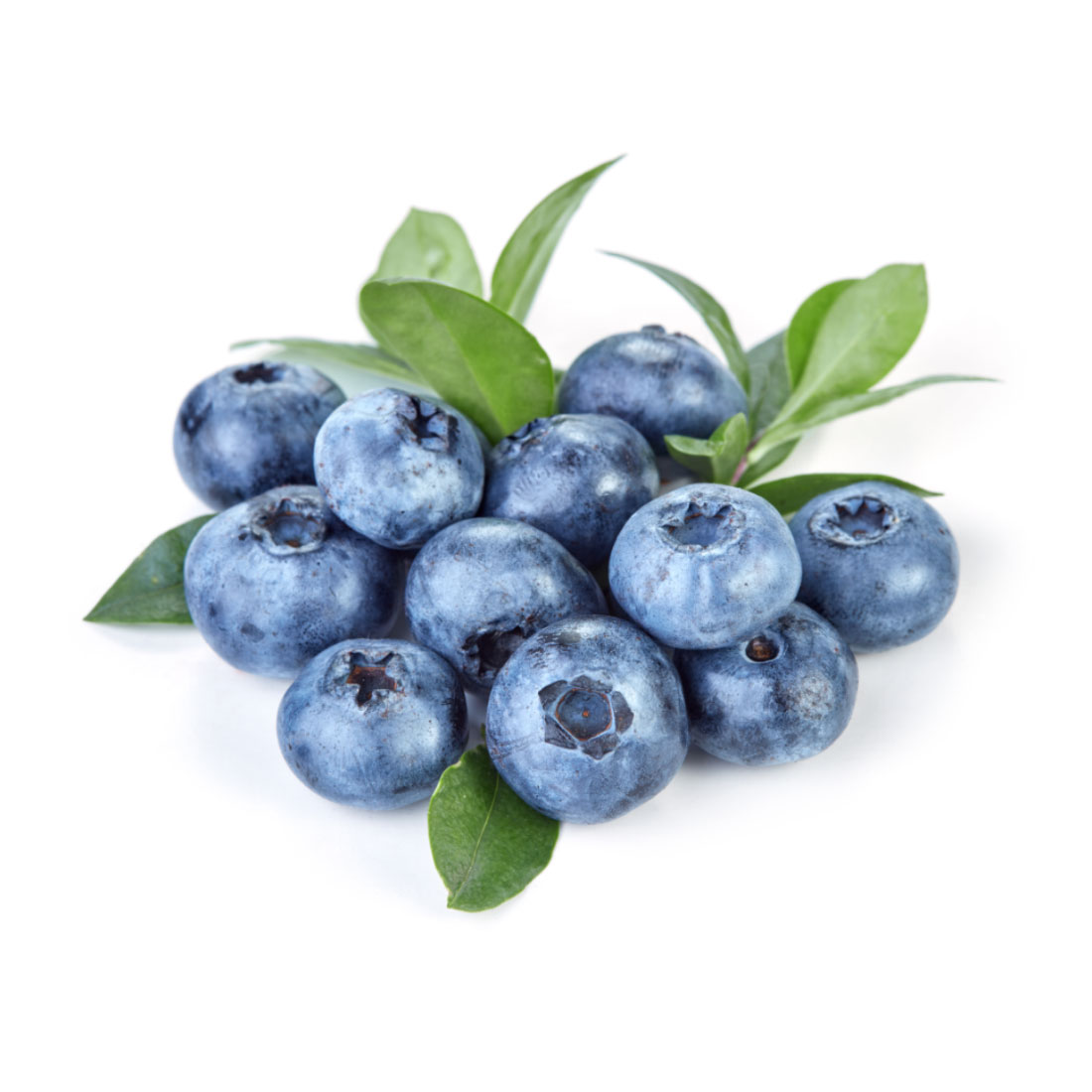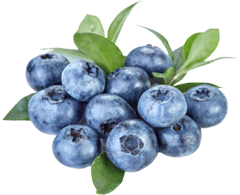Blueberries
Buy direct from the grower
Fresh & Frozen Blueberries
When you buy Oasis Berry Farm blueberries from our farm in Steels Creek in the Yarra Valley, you know you are buying berries that were picked just a few hours ago from the bushes you see growing here on our property. It’s the best feeling, eating the freshest of berries, knowing they haven’t been sprayed with harmful chemicals. You can buy fresh berries to eat while you’re exploring the farm, and you can purchase fresh blueberries to take home with you. When the blueberry season is finished, you can purchase frozen berries between April and November.
PLEASE NOTE: We are NOT a U-Pick farm.
You cannot enter the blueberry growing areas and you are not permitted to pick berries as blueberry rust disease can easily be spread from your clothes and shoes.
Growing our Blueberries
About our blueberries
Our blueberry fields are planted over two sites – you’ll see some on the left as you come up the driveaway. We have over 5,000 blueberry bushes growing 10 different varieties, all of which vary in flavour, appearance, and ripening times. And they all have one thing in common – they taste great.
Because of a disease called blueberry rust, we can’t allow visitors to pick the berries when they visit (because the disease can be brought in on your shoes and clothing) so we get our berries professionally picked and packed by hand. Every day, between December to March, more berries are harvested – some are then transported to various wholesale markets around Australia for retailers to purchase and sell in their stores, others are sold here from our shed to you, our visitors.
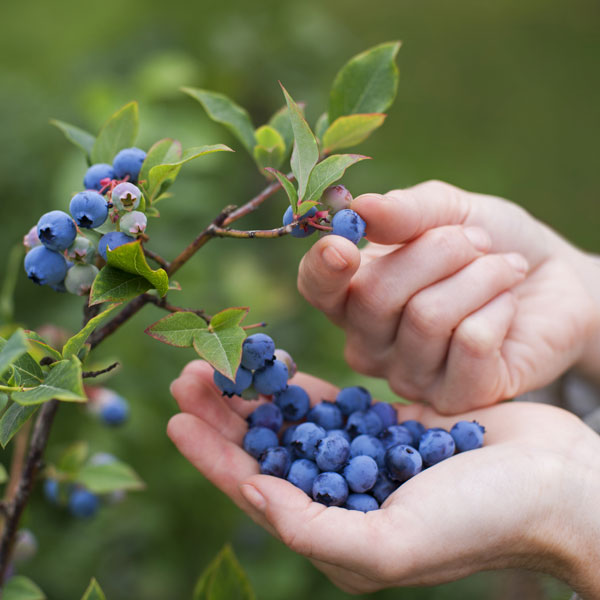
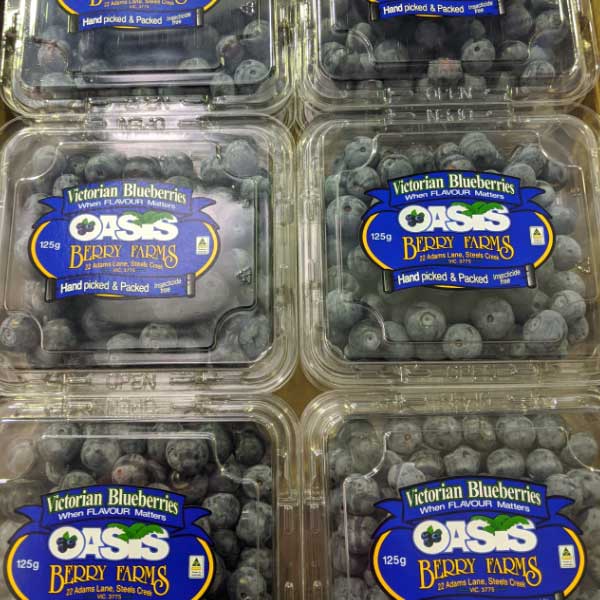
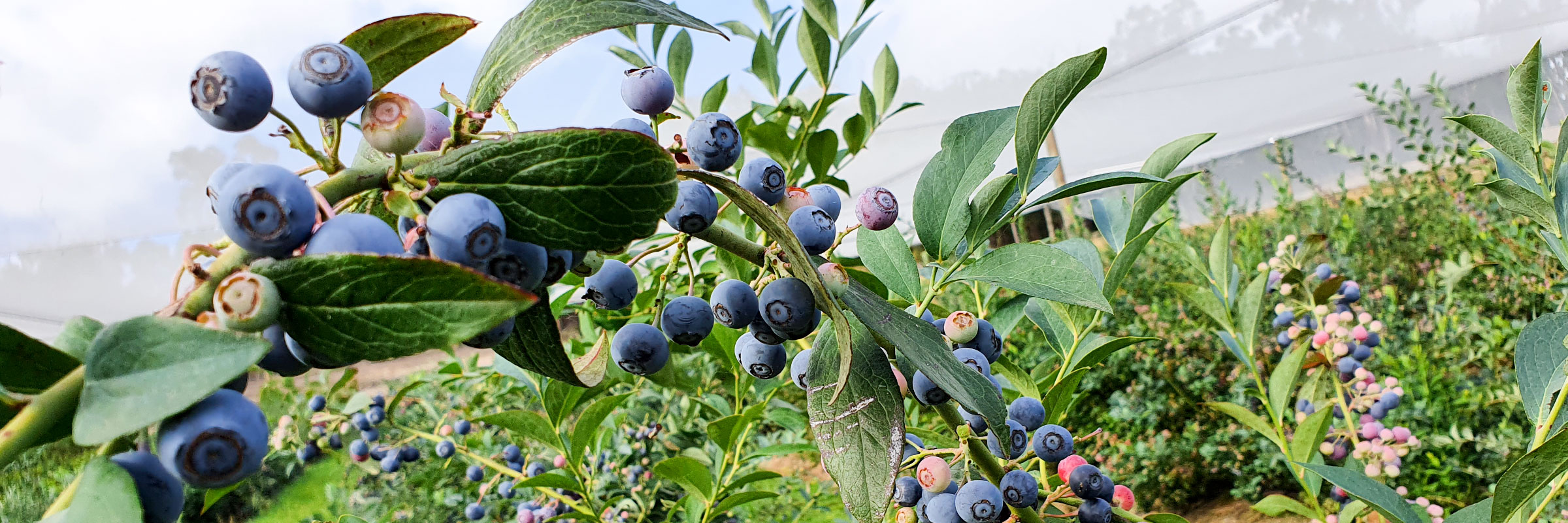
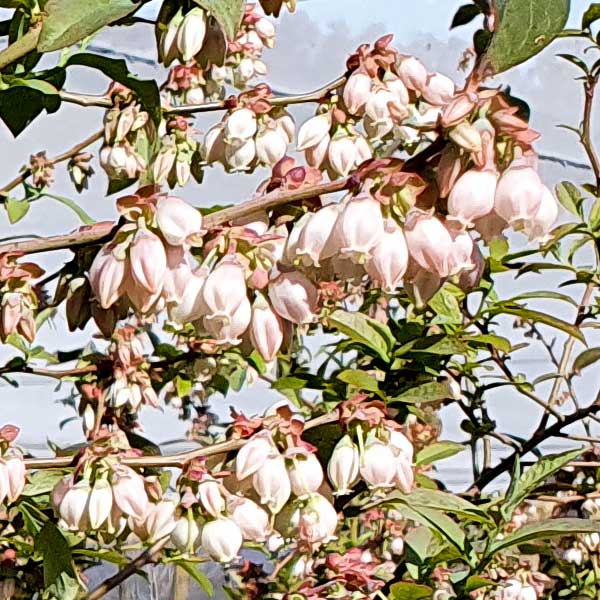
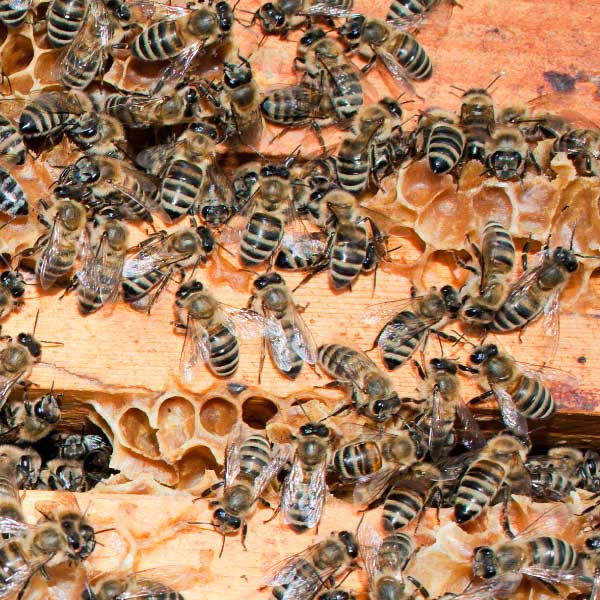
In July, we rent 6 hives of bees from Ben’s Bees – the bees help pollinate the flowers on our blueberry bushes.
Once our blueberry bushes start to flower, they continue flowering until December, and having bees on the property helps pollinate the flowers and increases our blueberry yield. The bees help us by collecting nectar and transferring pollen.
When the hives are settled, the bees will spend a day or so staying close to the hives before they fly further afield and find the flowers. The bees are with us til December, to help pollinate the blueberry flowers, and Ben will come to feed them once or twice during their stay as blueberry flowers don’t produce too much pollen.
Did you know insects are responsible for pollinating approx. 65% of all flowering plants, including most commercial crops? Bees are by far the most important insect pollinators, with one-third of our food production reliant upon these industrious little creatures. Thank you bees.
We don’t use any harmful insecticides on our blueberries, we have hail nets to protect the bushes from severe weather and our berries are hand-harvested and packed with minimal handling, all of which means you get to buy the very highest quality product.
The who’s who of blueberries
Buying & Using Blueberries
When you buy fresh blueberries look for berries that are firm, dry, plump and smooth-skinned, with a light blue to silver coating or dusted look known as ‘the bloom‘.
Don’t worry about the size, (some varieties ripen small) but the colour tells you if the blueberry is ripe; they should be deep purple-blue to blue-black.
Pink blueberries are unripe, and won’t ripen once they are picked, but you can still use them in cooking. Soft or shrivelled berries, or any with signs of mould, or juice stains in a container should be avoided as it just means the fruit is past its best.
Refrigerate fresh blueberries when you get them home, either in their original plastic pack or in a covered bowl or container. Eat your blueberries within 2-3 weeks of purchasing (that’s the easy part!)
Every freezer should contain blueberries – because they are healthy AND versatile. All year round you can add them to a shake or smoothie, serve them up with a scoop of ice cream, make a batch of jam, bake them in a fruit pie, make pancakes with them or add them to porridge. A handful of blueberries is packed with Vitamins A & C and phytonutrients which means they are a powerful antioxidant and great at fighting free radicals.
